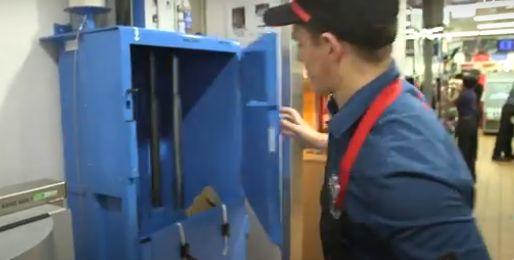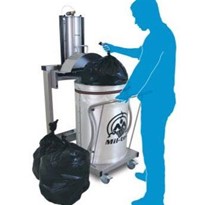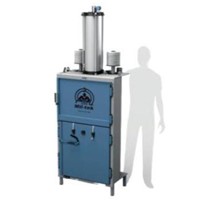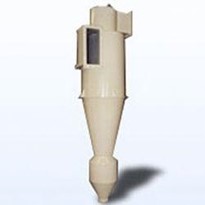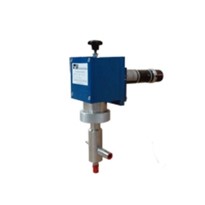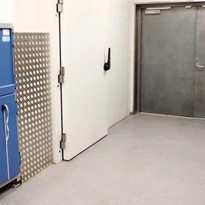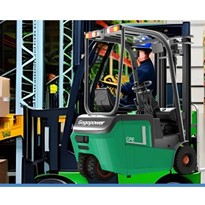Waste handling is an area where a lot of time is spent doing noncustomer-related work, by improving waste handling efficiency, more time can be prioritized towards the guests, improving customer satisfaction and loyalty.
Optimizing waste handling in a kitchen is crucial for improving efficiency, sustainability, and reducing environmental impact.
Compacting kitchen waste is a good idea because it saves space, money, and improves hygiene while reducing the environmental impact and increasing sustainability.
Learn how balers and compactors can improve kitchen waste flow, and how waste pickups have been reduced by 50%
A QSR “no-brainer”
The previous piles of cardboard and waste have been eliminated by the Mil-tek solution, containing a Waste Compactor and a Cardboard Baler.
The easy-to-use machinery has changed the way waste is handled in the restaurant, even though it might be counterintuitive, keeping the waste inside has its benefits. The back door is kept free due to significant space-saving, the travel time to the outside bin has been eliminated, and the staff can stay inside and focus on the kitchen and guests.
As a bonus, waste pickups have been reduced from 1 pickup every day to just 2-3 times a week.
Compacting kitchen waste is a good idea for several reasons:
- Compacting kitchen waste reduces the volume of waste that needs to be disposed of, which can save space and reduce transportation costs.
- Reducing the volume of waste can also result in cost savings, as smaller waste volumes often mean lower disposal fees.
- Baling cardboard and plastic can convert waste to a saleable commodity.
- Compacting waste can also improve hygiene in the kitchen, as it reduces the likelihood of pests and vermin being attracted to food waste.
- Compacting waste can also reduce the environmental impact of waste disposal by reducing transportation emissions.


